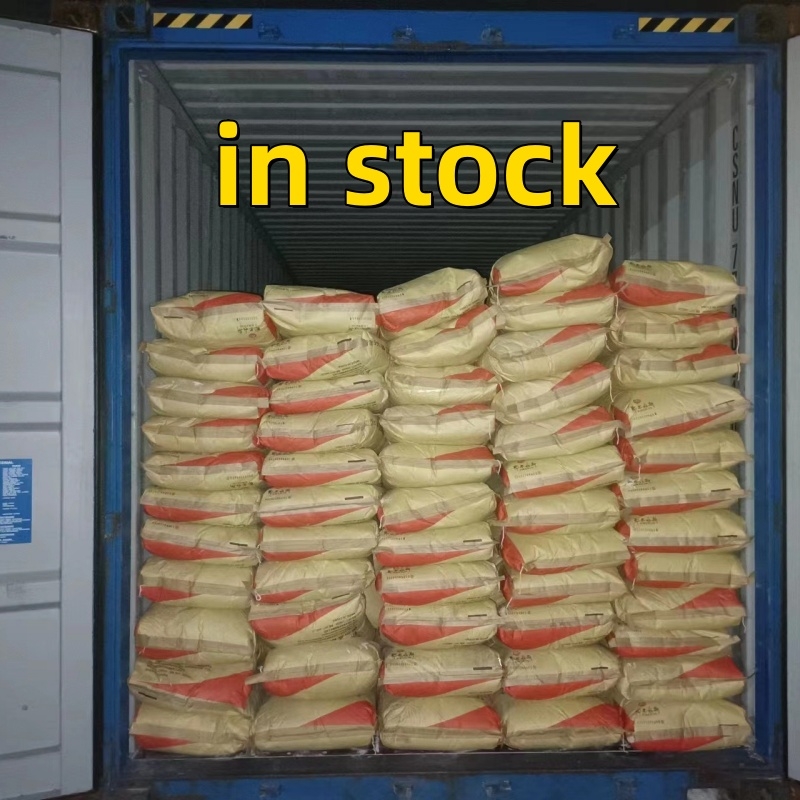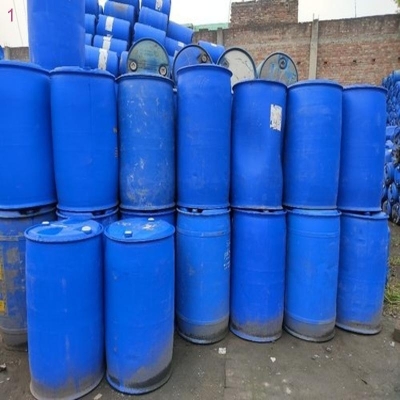-
Categories
-
Pharmaceutical Intermediates
-
Active Pharmaceutical Ingredients
-
Food Additives
- Industrial Coatings
- Agrochemicals
- Dyes and Pigments
- Surfactant
- Flavors and Fragrances
- Chemical Reagents
- Catalyst and Auxiliary
- Natural Products
- Inorganic Chemistry
-
Organic Chemistry
-
Biochemical Engineering
- Analytical Chemistry
-
Cosmetic Ingredient
- Water Treatment Chemical
-
Pharmaceutical Intermediates
Promotion
ECHEMI Mall
Wholesale
Weekly Price
Exhibition
News
-
Trade Service
According to Bloomberg News Dhaka on September 11, the oil business has mostly recovered from the collapse in crude oil prices, but not everyone is celebrating
.
According to a report by trading group Oil & Gas UK, the UK North Sea is expected to achieve its lowest level of exploration, assessment and development since 1973 this year
.
Drilling fell to a four-year low between last year and 2016 as the company cut spending in response to lower oil prices
.
With more efficient wells and new projects increasing production, the more than 40-year-old North Sea has gained a new lease of life
over the past few years.
But the trade group said the slowdown in new drilling was a "serious problem" that could end up putting the region in danger of losing Vision 2035 targets, which include extending the productive life of the aging basin to the next generation
.
Mike Tholen, head of upstream policy at BP, said in a telephone interview that "we know there are 10 billion barrels in the North Sea, possibly 20 billion barrels of oil equivalent"
.
"If we don't drill, we won't get it
.
"
The number of exploration wells in the UK North Sea is not expected to exceed 12 in 2018, down from last year, and up to 80 development wells, unchanged
from 2017.
Total investment is estimated at around £6 billion ($7.
8 billion), less than half
the level of five years ago.
With the oil crisis still fresh in mind, company bosses are tightening control over spending
.
Large North Sea operators Royal Dutch Shell Ltd and BP are trying to keep break-even costs around $40 a barrel, half the level of projects approved before 2014
.
This limits their ability to
scale up drilling in a relatively expensive area.
But for now, there's some good news
.
Getting a barrel of oil from the North Sea is about 30 percent
cheaper than before the price crash in 2014.
Although the number of new wells is reduced, they are more efficient to operate
.
Production has risen steadily since 2015 and is expected to reach 1.
75 million barrels of oil equivalent per day this year, up 7 percent
from 2017.
According to Bloomberg News Dhaka on September 11, the oil business has mostly recovered from the collapse in crude oil prices, but not everyone is celebrating
.
According to a report by trading group Oil & Gas UK, the UK North Sea is expected to achieve its lowest level of exploration, assessment and development since 1973 this year
.
Drilling fell to a four-year low between last year and 2016 as the company cut spending in response to lower oil prices
.
With more efficient wells and new projects increasing production, the more than 40-year-old North Sea has gained a new lease of life
over the past few years.
But the trade group said the slowdown in new drilling was a "serious problem" that could end up putting the region in danger of losing Vision 2035 targets, which include extending the productive life of the aging basin to the next generation
.
Mike Tholen, head of upstream policy at BP, said in a telephone interview that "we know there are 10 billion barrels in the North Sea, possibly 20 billion barrels of oil equivalent"
.
"If we don't drill, we won't get it
.
"
The number of exploration wells in the UK North Sea is not expected to exceed 12 in 2018, down from last year, and up to 80 development wells, unchanged
from 2017.
Total investment is estimated at around £6 billion ($7.
8 billion), less than half
the level of five years ago.
With the oil crisis still fresh in mind, company bosses are tightening control over spending
.
Large North Sea operators Royal Dutch Shell Ltd and BP are trying to keep break-even costs around $40 a barrel, half the level of projects approved before 2014
.
This limits their ability to
scale up drilling in a relatively expensive area.
But for now, there's some good news
.
Getting a barrel of oil from the North Sea is about 30 percent
cheaper than before the price crash in 2014.
Although the number of new wells is reduced, they are more efficient to operate
.
Production has risen steadily since 2015 and is expected to reach 1.
75 million barrels of oil equivalent per day this year, up 7 percent
from 2017.







